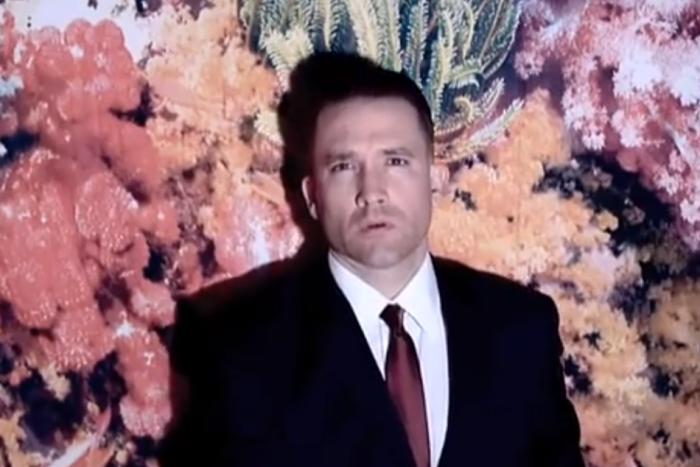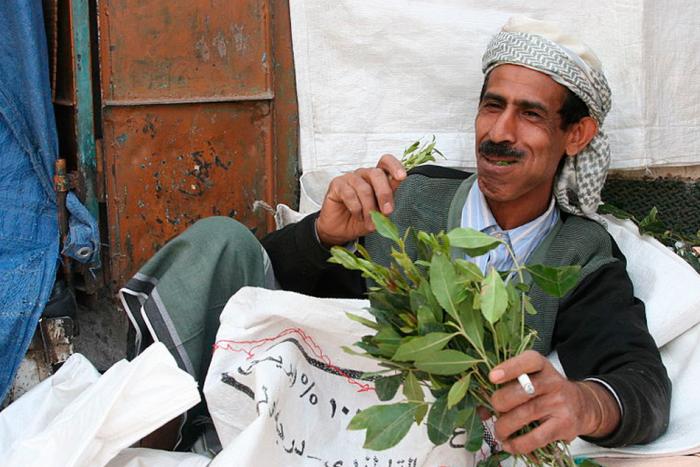We live in the age of the public apology. Turn on your TV or open a magazine and, chances are, you’ll find somebody begging for your forgiveness, promising to be a better person.
What was once a sign of weakness has become a badge of moral strength. Corporations release official apologies when their factories in Bangladesh collapse. Celebrities embark on carefully organized, Oprah-approved contrition tours—shedding a tear, getting a stern talking to from someone on the Today Show, then huddling with their publicists to monitor their Q scores. Politicians offer a heartfelt mea culpa whenever a new dick pic pops up on an intern’s cell phone and are more than willing to liberally spread around the official apologies for past atrocities committed by their forefathers (Japanese-Canadians thrown into internment camps, residential school victims, Chinese immigrants who paid the head tax: we offer to you a belated but entirely heartfelt “I’m sorry”).
In Time Magazine’s recent list of the Top Ten Apologies of 2013, the breadth and variety of public apologies was awe-inspiring. From Alec Baldwin’s apology for using a homophobic slur (again), to Paula Deen’s trilogy of YouTube apologies for using the n-word (so often), to our own Rob Ford’s impressive string of “I’m sorries”—a quick mumbled cocktail of contrition and aggression inevitably followed by an apology for the offensive remarks and lies told within that first apology immediately followed by an apology for the filthy words used within that apology, et cetera, et cetera, like some grotesque collection of crack-smoking Russian dolls.
(Sincere apologies for mentioning Rob Ford. Please acknowledge my genuine remorse.)
There’s a reason the public apology has become so prominent: it remains a powerful tool. A true apology can change a narrative, turning a conflict in a new direction. It can offer the wronged a genuine sense of consolation and satisfaction, even when nothing material has changed.
Sociologists have long been fascinated by the power of the apology. What are its effects? Can you catalogue its many components? And under what conditions do apologies occur? That last question in particular has been difficult to answer with any kind of systematic accuracy. After all, it’s easy to cherry-pick and document the millions of times when apologies do happen, but how do you catalogue instances of non-apologies? How do you quantify all the times that someone refuses to say sorry? In a study published by Sociological Forum earlier this year, researchers Mark Cooney and Scott Phillips, looked at the statements of those people who may have the greatest reason to apologize: murderers.
The researchers analyzed the final statements of 232 people Texas executed for capital murder from 2000-2010. The death row apology is a very specific form of public apology: the victim’s family is there, behind the glass, and the killer has a final moment to express contrition and, one would think, a pretty solid reason to say sorry.
They found, however, that only 80 of them apologized, with the single biggest predictor of whether or not someone would say sorry being whether they had “an affiliation” with God. Fifty-one percent of the prisoners who invoked God in their last words apologized, compared to just 21 percent of the prisoners who didn’t. Beyond that, the more often they mentioned God seemed to increase the likelihood of an apology: a third of prisoners who mentioned God once apologized, half of those who mentioned him twice did, and 71 percent of people who mentioned God three or more times eventually said sorry.
This is all about status, according to Cooney and Phillips. The two sociologists are following a paradigm of “pure sociology,” a strategy that ignores individual psychology and tries to explain human behaviour by simply looking at social geometry. For instance, does the murderer have a higher or lower social-standing than his victim? Are the two of them close, or distant? How does a third party change this geometrical relationship?
Apologies, the pair says, tend to happen on a level plane, between equals. The bigger the “vertical distance” between people, the less likely you are to get a sincere apology. Kings rarely apologize to peasants. Likewise, a slave won’t offer a full-throated apology to his master unless under duress.
The researchers argue that an association with God, a powerful third party, raises the prisoner’s standing. “Affiliation with God enhances the social status of a death row prisoner, reducing the vertical distance between the offender and the victim’s side; enhanced social status imbues the prisoner with the social assertiveness needed to apologize.” In other words, it levels the playing field somewhat, allowing a prisoner to express remorse.
This seems a bit of a stretch. After all, aren’t those who believe in God and heaven more likely to show compassion and remorse simply because that’s what Jesus told them to do? Or, with mere moments to go before eternal judgment, doesn’t an apology just make sense out of simple self-interest?
Still, the concept of apologies primarily occurring between people of the same status is compelling. It’s why, despite its overuse and abuse, a genuine public apology still retains such power. Who doesn’t find it satisfying to see the arrogant and powerful forced to express remorse? Who doesn’t like to see that vertical distance shrink? In Time’s list of apologies, each of the top grovellers were high-status individuals brought low—politicians and celebrities knocked from their perches and forced to show their contrition to a group of people who, all of a sudden, weren’t quite so far beneath them.
Studies Show runs every week.





